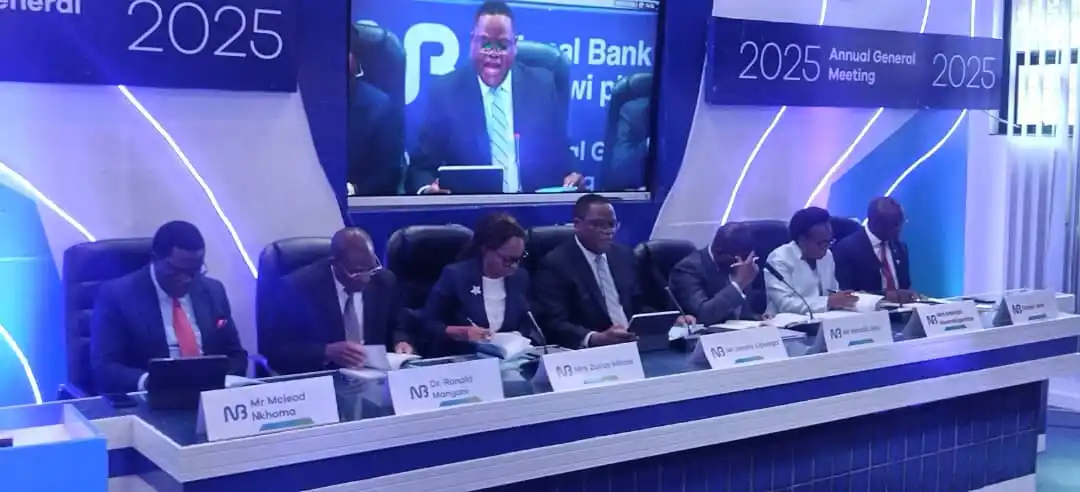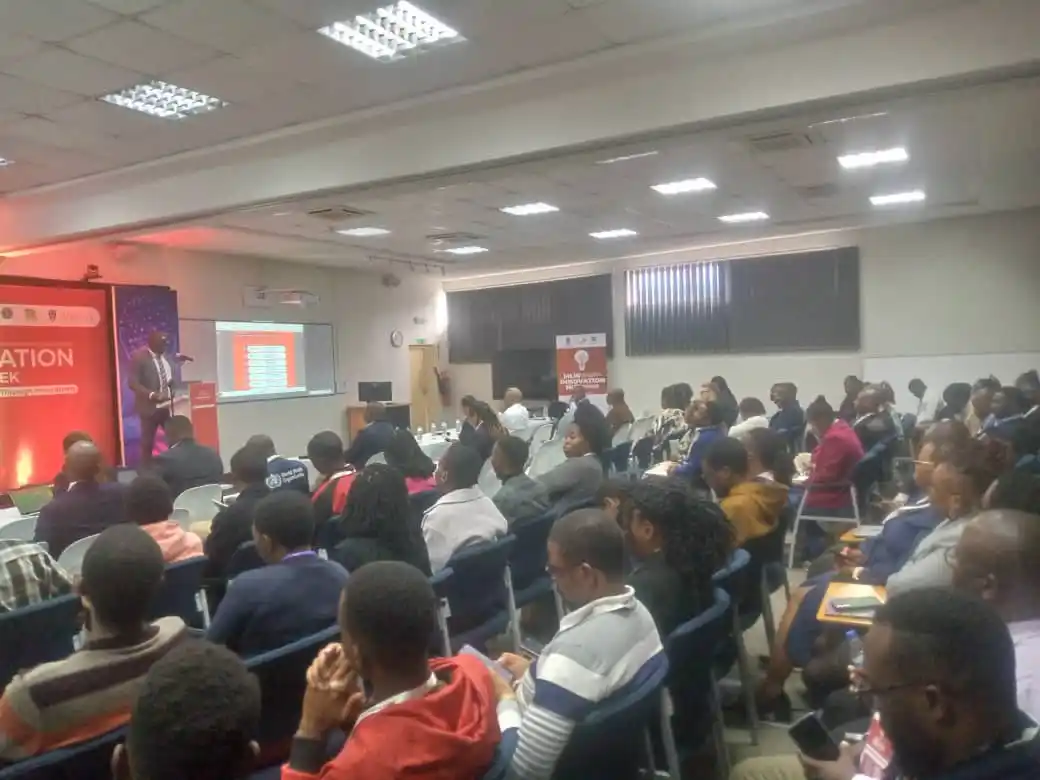
As Malawi celebrates 61 years of independence, it is important to reflect on the successes and challenges the country has faced across various sectors, including politics, economy, democracy, health, education, justice, social development, and infrastructure.
Successes
Since the transition to multi-party democracy in 1994, Malawi has held several elections, allowing for political pluralism and greater citizen participation.
Malawi has experienced relatively peaceful transitions of power, which is a significant achievement in the region. Thumbs up.
The country has made strides in agricultural production, particularly in tobacco, which remains a key export. Efforts to diversify crops have also been initiated.
The growth of microfinance institutions has improved access to credit for smallholder farmers and entrepreneurs.
A vibrant civil society emerged, advocating for human rights, governance, and accountability, contributing to a more engaged citizenry.
Malawi has made significant progress in combating HIV/AIDS, with increased access to antiretroviral therapy and awareness campaigns.
Expanded immunization programs have led to improved child health outcomes and reduced mortality rates.
The introduction of free primary education in 1994 led to a significant increase in enrolment rates, particularly for girls.
The establishment of universities and vocational training centres has improved access to higher education.
Efforts to reform the legal system have been made to enhance access to justice and protect human rights.
The judiciary has played a crucial role in upholding the rule of law and protecting democratic rights.
The establishment of the Anti-Corruption Bureau has aimed to tackle corruption, although challenges remain.
Various programs aimed at poverty alleviation and community empowerment have been implemented, relatively improving livelihoods for many.
Significant investments have been made in road infrastructure, improving connectivity between urban and rural areas.
Initiatives to expand access to electricity, including renewable energy projects, have been launched.
Pitfalls
Political tensions and conflicts, particularly surrounding elections, have sometimes led to violence and unrest.
Corruption remains a significant issue, undermining governance and public trust in institutions.
The economy is heavily reliant on agriculture, making it vulnerable to climate change and market fluctuations.
Despite some economic growth, poverty levels remain high, with a significant portion of the population living below the poverty line.
Issues such as electoral fraud, voter intimidation, and disputes over election results have marred the democratic process.
Women, youths and marginalized groups still face barriers to full political participation.
Access to quality healthcare remains a challenge, particularly in rural areas, with inadequate facilities and resources.
High rates of malnutrition, particularly among children, continue to be a pressing health issue.
While enrolment has increased, the quality of education remains a concern, with overcrowded classrooms, pupils still learning under trees, and a lack of resources.
There are still high dropout rates, especially among girls, due to socio-economic factors and early marriages.
The judicial system faces a backlog of cases, leading to delays in justice. Justice delayed is justice denied.
Limited access to legal aid services hampers the ability of many Malawians to seek justice.
Social inequalities persist, with disparities in wealth, education, and access to services between urban and rural populations.
High levels of youth unemployment pose a significant challenge for social stability and economic growth.
Despite improvements, many areas still lack basic infrastructure, including roads, water supply, and sanitation facilities.
Frequent power outages forex shortage, fuel scarcity and limited access to electricity hinder economic development and quality of life.
Conclusion
Malawi’s journey since independence has been marked by notable achievements and significant challenges.
While the country has made progress in various sectors, ongoing issues such as corruption, forex shortage, fuel scarcity, poverty, and infrastructure deficits require continued attention and concerted efforts from the government, private sector and civil society to ensure sustainable development and improved living standards for all Malawians.








0 Comments